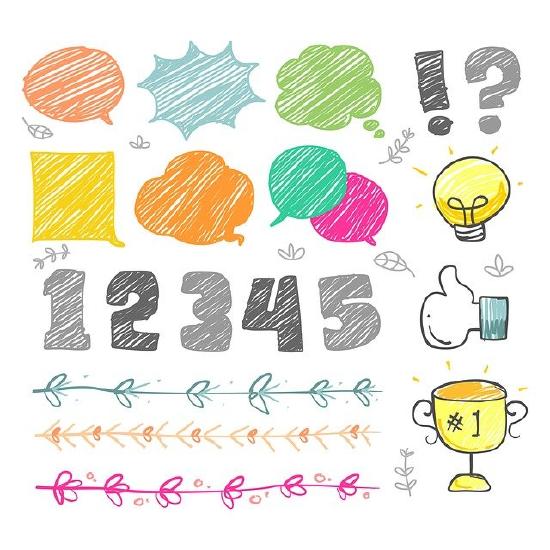11: The Writing Process
- Page ID
- 120087
\( \newcommand{\vecs}[1]{\overset { \scriptstyle \rightharpoonup} {\mathbf{#1}} } \) \( \newcommand{\vecd}[1]{\overset{-\!-\!\rightharpoonup}{\vphantom{a}\smash {#1}}} \)\(\newcommand{\id}{\mathrm{id}}\) \( \newcommand{\Span}{\mathrm{span}}\) \( \newcommand{\kernel}{\mathrm{null}\,}\) \( \newcommand{\range}{\mathrm{range}\,}\) \( \newcommand{\RealPart}{\mathrm{Re}}\) \( \newcommand{\ImaginaryPart}{\mathrm{Im}}\) \( \newcommand{\Argument}{\mathrm{Arg}}\) \( \newcommand{\norm}[1]{\| #1 \|}\) \( \newcommand{\inner}[2]{\langle #1, #2 \rangle}\) \( \newcommand{\Span}{\mathrm{span}}\) \(\newcommand{\id}{\mathrm{id}}\) \( \newcommand{\Span}{\mathrm{span}}\) \( \newcommand{\kernel}{\mathrm{null}\,}\) \( \newcommand{\range}{\mathrm{range}\,}\) \( \newcommand{\RealPart}{\mathrm{Re}}\) \( \newcommand{\ImaginaryPart}{\mathrm{Im}}\) \( \newcommand{\Argument}{\mathrm{Arg}}\) \( \newcommand{\norm}[1]{\| #1 \|}\) \( \newcommand{\inner}[2]{\langle #1, #2 \rangle}\) \( \newcommand{\Span}{\mathrm{span}}\)\(\newcommand{\AA}{\unicode[.8,0]{x212B}}\)
Learning Outcomes
- Describe the stages of the writing process
- Identify strategies for annotation, brainstorming, outlining, and drafting
- Choose what to focus on in revision
- Give constructive feedback on a peer's draft
- Evaluate and incorporate peer feedback.
- 11.1: An Overview of the Writing Process
- The writing process will help us form our ideas if we take it step by step, reflecting on which strategies we need at each stage.
- 11.2: Annotation
- Annotating a text can help us engage, understand, assess, and respond, all of which lay a foundation for writing about that text.
- 11.3: Brainstorming
- A variety of tricks can help us get started coming up with ideas.
- 11.4: Outlining
- Once you have an idea of the points you will cover in your essay, an outline can help you plan how you will support each one.
- 11.5: Drafting
- To write a complete first version of a piece of writing, we need to pace ourselves and give ourselves permission to write something we're not satisfied with.
- 11.6: Revision
- Revision can be one of the most important, instructive, and even pleasurable parts of the writing process.
- 11.7: Giving and Receiving Feedback
- Having peers, tutors, friends, or family members read and respond to our papers can help us see what we can improve.


